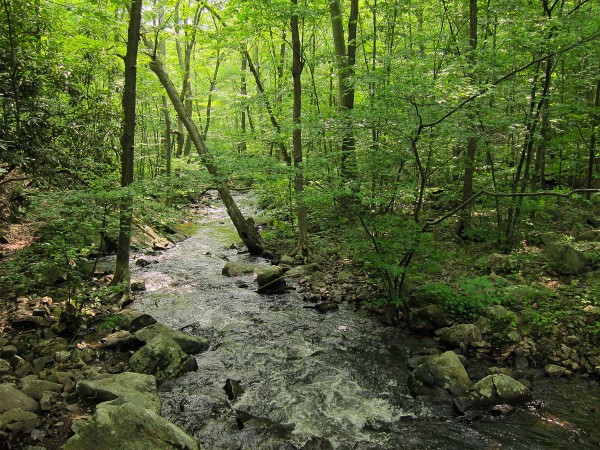Combating Global Warming Through Reforestation

July 12, 2019
A recent SCIENCE report (J. Bastin, et. al., Science 365, 76, 2019) argues that a massive reforestation program adopted throughout the world could capture 205 gigatons of carbon dioxide in the next century, a staggering amount, two thirds of all the CO2 that humans have generated since the industrial revolution. The authors propose planting trees in areas that could be forested but have not been, amounting to 900 million hectares.
This would be an amazing accomplishment, with many collateral benefits. Currently, forests cover 31 percent of the world's land surface, just over 4 billion hectares. It is estimated that the world population of trees amounts to 3 trillion, or 750 trees per hectare. This means that 675 billion trees would need to be planted in areas of the earth where trees could grow but currently don't.
Could this be accomplished? Possibly with advances in technology that could seed vast areas by air, using genetically engineered trees that would be hardy enough to take root and thrive in marginal parts of the planet that are presently grasslands. Could it be done with advances in forestry technology for $100/hectare? Perhaps, but that adds up to a tidy sum, $90 billion. BUT only 2% of the proposed 2020 federal budget.
Perhaps the biggest barriers to such a program are political, rather than technological. It is difficult to imagine countries such as Brazil accepting this concept, given that the current government denies the significance of climate change and is rapidly moving toward a policy of removal of vast stretches of existing forest, in order to expand the production of animal feed.
But these thought experiments are meaningful, in that they illustrate the magnitude of the challenge of climate change; even grand schemes that seem absurd are not that large compared to questionable activities currently underway by governments throughout the world. In th last two decades the United States threw trillion of dollars away in endless wars that brought nothing in return. If you look at the question from this point of view, it a plan to avoid a climate catastrophy for a fraction of that cost doesn't seem all that ridiculous.
Comments
Submit a Comment
Please be sure to fill in all information. Comments are moderated. Please no link dropping, domains as names; do not spam and do not advertise.

 RSS Feed
RSS Feed
There are currently no comments